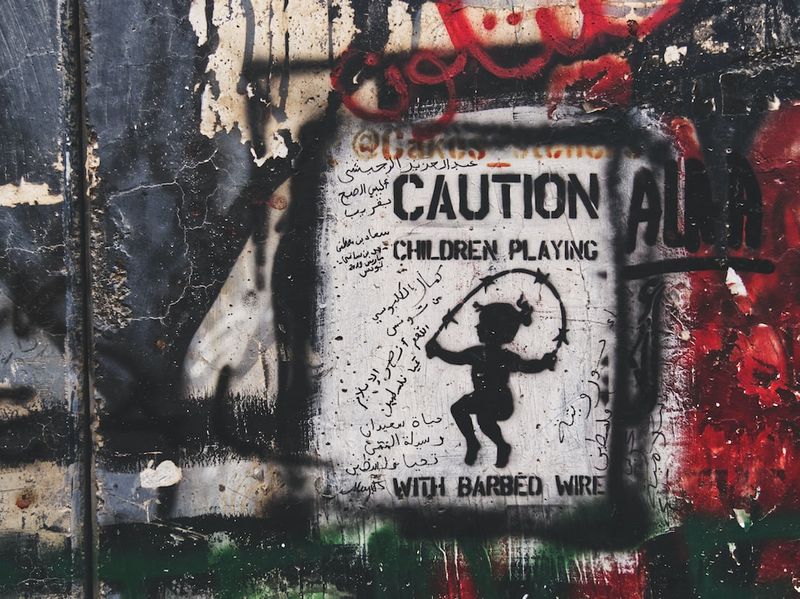Ex-Finnish PM Alexander Stubb Warns of Attempts to ‘Intimidate’ NATO Allies After Pipeline Leak
Recent events surrounding a pipeline leak have sparked concerns about attempts to intimidate NATO allies, according to former Finnish Prime Minister Alexander Stubb. Stubb’s warnings highlight the potential implications for international relations and security. The leak, which occurred in an undisclosed location, has raised questions about the vulnerability of critical infrastructure and the need for countries to strengthen their defenses against such threats.
Pipeline Leak and Its Significance
The pipeline leak, while initially considered a technical malfunction, is now being viewed as a potential act of sabotage or cyber-attack. The pipeline in question carries vital supplies of energy to NATO member countries, making it a strategic target for hostile actors seeking to disrupt Western alliances. The incident serves as a reminder of the growing threats to critical infrastructure and the need for increased preparedness.
Attempts to ‘Intimidate’ NATO Allies
Alexander Stubb, who has been a vocal advocate for strong international cooperation, expressed concern that the pipeline leak could be part of a broader pattern of attempts to intimidate NATO allies. Stubb argues that by targeting critical infrastructure, adversaries aim to exploit vulnerabilities and test the unity and resolve of NATO member states. Such actions could erode trust among allies and disrupt the collective defense capabilities of the alliance.
The Vulnerability of Critical Infrastructure
The incident raises questions about the vulnerability of critical infrastructure in an increasingly interconnected world. As countries rely more on digital systems and networks to manage and control critical infrastructure, the potential for cyber threats and attacks grows. The pipeline leak serves as a stark reminder that even seemingly secure systems can be compromised, underscoring the importance of robust security measures and international cooperation in protecting critical assets.
Strengthening Defenses and International Cooperation
In light of this incident, it is crucial for NATO allies to reassess and strengthen their defenses against potential attacks on critical infrastructure. This includes investing in advanced cybersecurity technologies, enhancing intelligence sharing, and developing rapid response mechanisms to address such incidents effectively. Additionally, international cooperation and collaboration are vital in countering cyber threats, as adversaries often operate across borders and exploit the global nature of interconnected systems.
The Role of Diplomacy and Dialogue
While ensuring the protection of critical infrastructure is essential, it is equally important to address the underlying tensions and motivations driving such attempts to intimidate NATO allies. Diplomatic efforts should focus on strengthening alliances, fostering understanding, and providing a forum for dialogue. Engaging in diplomatic discussions aimed at resolving conflicts and addressing the root causes of aggression can help prevent further escalations and build a more stable and peaceful world.
Editorial: Protecting Critical Infrastructure and Ensuring Collective Security
The recent pipeline leak incident serves as a wake-up call for NATO allies and the international community as a whole. It highlights the pressing need to prioritize the protection of critical infrastructure and strengthen collective security measures. This incident demonstrates the potential consequences of neglecting the security of vital supply chains and the importance of robust cyber defenses.
Furthermore, the incident highlights the urgent need for international cooperation and dialogue. By working together, countries can pool their resources, expertise, and intelligence to effectively counter cyber threats and maintain the security of critical infrastructure. In an interconnected world, the security of one country’s infrastructure is closely tied to the security of others. Therefore, fostering greater collaboration and information sharing is paramount.
Addressing the underlying motivations and conflicts behind attempts to intimidate NATO allies is also crucial. While enhancing security measures is vital, addressing the root causes driving these acts of aggression can contribute to a more harmonious and peaceful international order.
Advice: A Call for Vigilance and Preparedness
In light of the pipeline leak incident, it is crucial for NATO allies and other countries to remain vigilant and prioritize the protection of critical infrastructure. Governments and relevant agencies should conduct regular assessments of vulnerabilities in their energy and transportation sectors and take necessary steps to address potential weaknesses.
Investing in modern cybersecurity technologies, establishing robust incident response plans, and enhancing coordination among relevant stakeholders are essential components of preparedness. This incident should serve as a reminder for countries to allocate sufficient resources to strengthen their cyber defenses and develop strategies to counter potential attacks on critical infrastructure.
Moreover, diplomatic efforts should be intensified to promote dialogue, understanding, and conflict resolution. By addressing underlying tensions and fostering cooperation, we can work towards a more stable and secure international environment.
Ultimately, the protection of critical infrastructure and the collective security of NATO allies require a multi-faceted approach that combines technological advancements, international cooperation, and diplomatic efforts. By staying vigilant, prepared, and united, NATO allies can effectively deter attempts to intimidate and disrupt their collective security.

<< photo by Jakob Rubner >>
The image is for illustrative purposes only and does not depict the actual situation.
You might want to read !
- Eviction Looms: Kerry and Farida on the Chopping Block
- Expecting Again: Peter Andre Anticipates His Fifth Child with Wife Emily MacDonagh
- Argentina vs Paraguay: Otamendi’s Goal Secures 1-0 Victory – Match Analysis and Key Moments
- Rick Astley’s Musical Journey Continues: A Sneak Peek at His Latest Album “Are We There Yet?”
- Jet Zero Initiative Soars to New Heights with Stansted Airport’s Sustainable Course
- Driven from Home: TV Historian David Olusoga’s Personal Journey of Displacement and Resilience
- Sharon White’s Departure Marks the End of an Era at John Lewis
- The Dark Side of Abercrombie & Fitch: Unveiling Troubling Realities
- Is Humza Yousaf right about Israel’s overreach in Gaza?
Title: Examining Israel’s Overreach in Gaza: Is Humza Yousaf Correct?
- Trapped in Gaza: The personal anguish of Scotland’s Humza Yousaf’s in-laws
- Stranded in Gaza: The Ordeal of Humza Yousaf’s Parents-in-Law




